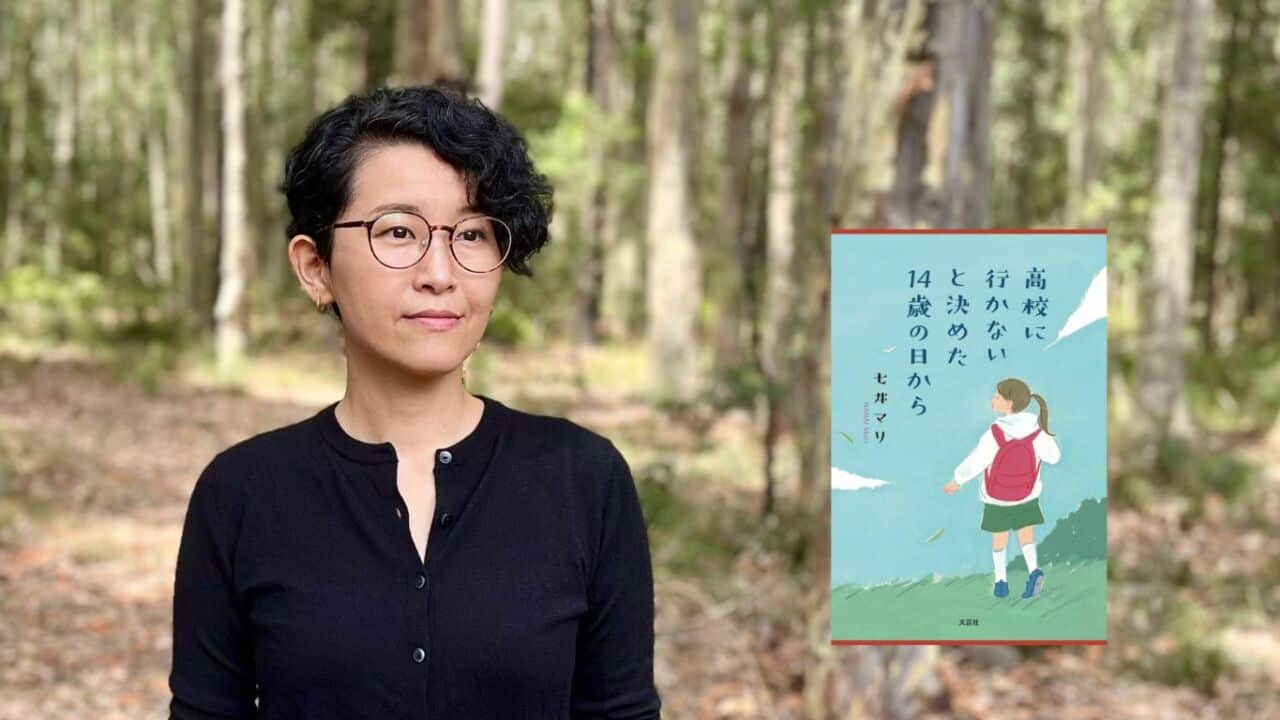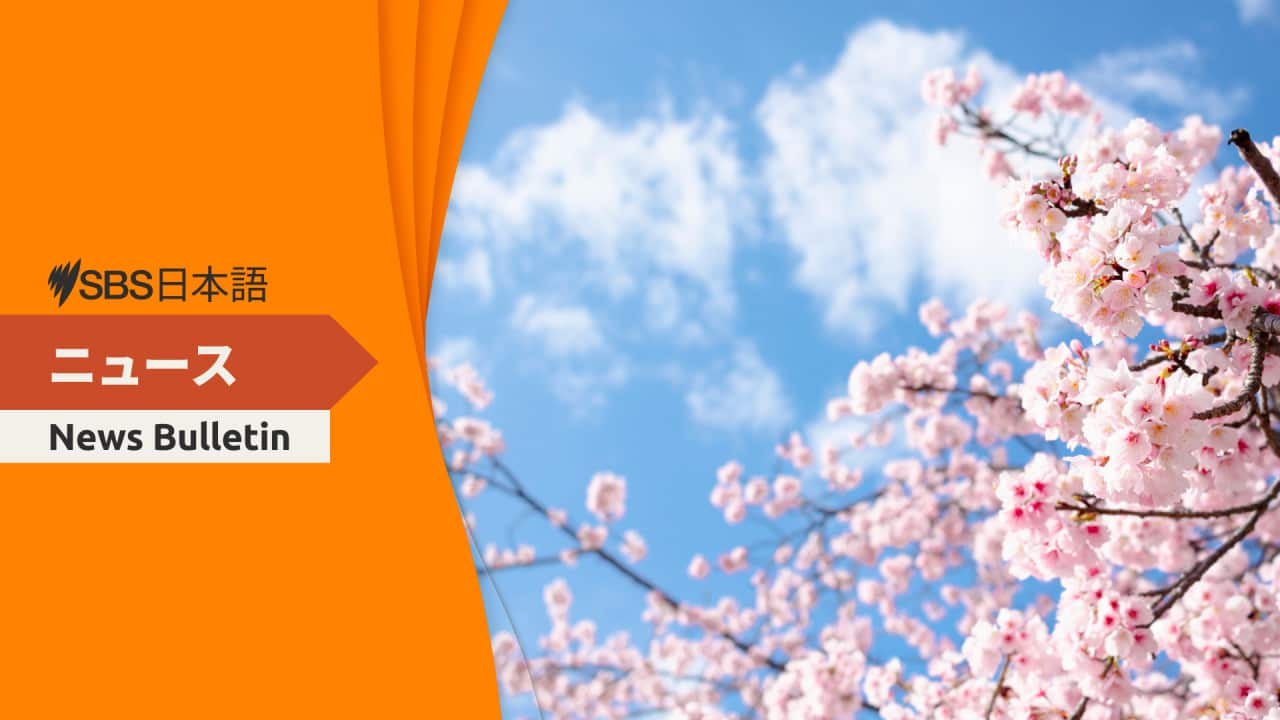The Tokyo 2020 Paralympics begin this week, bringing the event home to the country where it got its name. The term ‘Paralympics’ was coined during the 1964 Tokyo Games.
Under the spotlight at these games, just like any other, are the athletes who participate in sports events. Behind those athletes are not only their coaches and physiotherapists, but also the technicians who support them with their performing aids.

History of Paralympics
Prior to that, it was called the International Stoke Mandeville Games, and were originally held at the Stoke Mandeville Hospital rehabilitation facility in London, involving World War II veterans with spinal cord injuries.
According to an interview of 95-year-old Seiichiro Ite, a former member of Japan’s health ministry, conducted by the Tokyo 2020 committee, the term ‘paralympic’ was coined to help local reporters understand what the Stoke Mandeville Games were: “Olympics for Paraplegia,” which was shortened to ‘Paralympics’.
It wasn’t until 1989, after the establishment of the International Paralympic Committee that the term Paralympic became an official term.
Today, Paralympic comes from the Greek word “para,” meaning side-by-side, and “Olympic,” illustrating that the two events occur side-by-side.
Supporting Paralympians
The Paralympics have constantly evolved over the years.
The sheer advancement of technology has allowed Paralympians to achieve goals and break records, which may have been considered impossible a few decades ago.
Making this possible are the technicians at the games, who work alongside athletes and coaches, to do repair and maintenance work on wheelchairs, prosthetics, orthotics, everyday devices – pretty much anything that comes through the door.
In fact, the repair and service centre, which now plays an integral in the Paralympics, began with four Australian orthotic and prosthetic professionals sent to the 1988 Seoul Games.
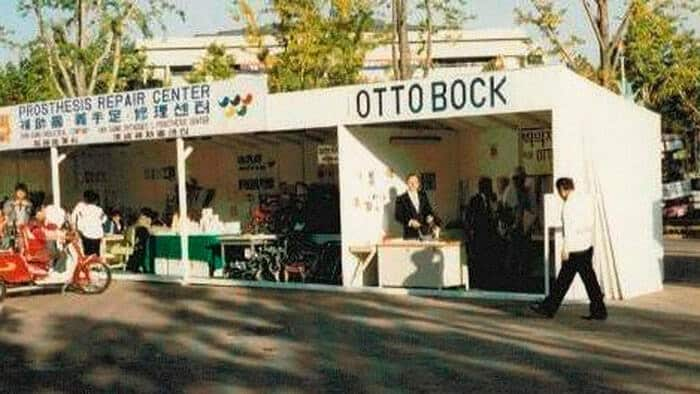
“There was a booth set up at the Seoul Games for the purpose of showcasing our products, but when athletes came one-by-one to ask for assistance, they spontaneously set up a workshop tent,” says Ottobock Japan’s Mitsue Satsutake.
What was once an improvised workshop, has now become not only a major part of the Paralympics, but also of other sporting events such as the Commonwealth Games and the World Championships.
At the Tokyo 2020 Paralympics, 100 technicians from 23 countries have been selected to support the athletes.
Shunjun Takahashi is one of the 14 Japanese technicians who will participate in the games.

“Once the games kick off, it becomes extremely busy,” Mr Takahashi tells SBS Japanese.
He says that the games venue gets very busy, especially during the summer games, and that he hardly has a chance to watch the games, even of the athletes he has worked with.
“Sometimes the athletes do visit me after, to let me know how they performed,” he adds.
“In the Rio games, we did about 2,400 repairs. To put it into perspective, around 4,000 athletes participated, so although one athlete may use the facility on more than one occasion, we can say that around half of the athletes require assistance during the games,” Mr Takahashi elaborates.
Regardless of the representing country or brand of equipment, the Service Repair Centre will provide support free of charge to all athletes.
“We are able to provide services in 22 languages, which is appreciated by the athletes,” he adds.
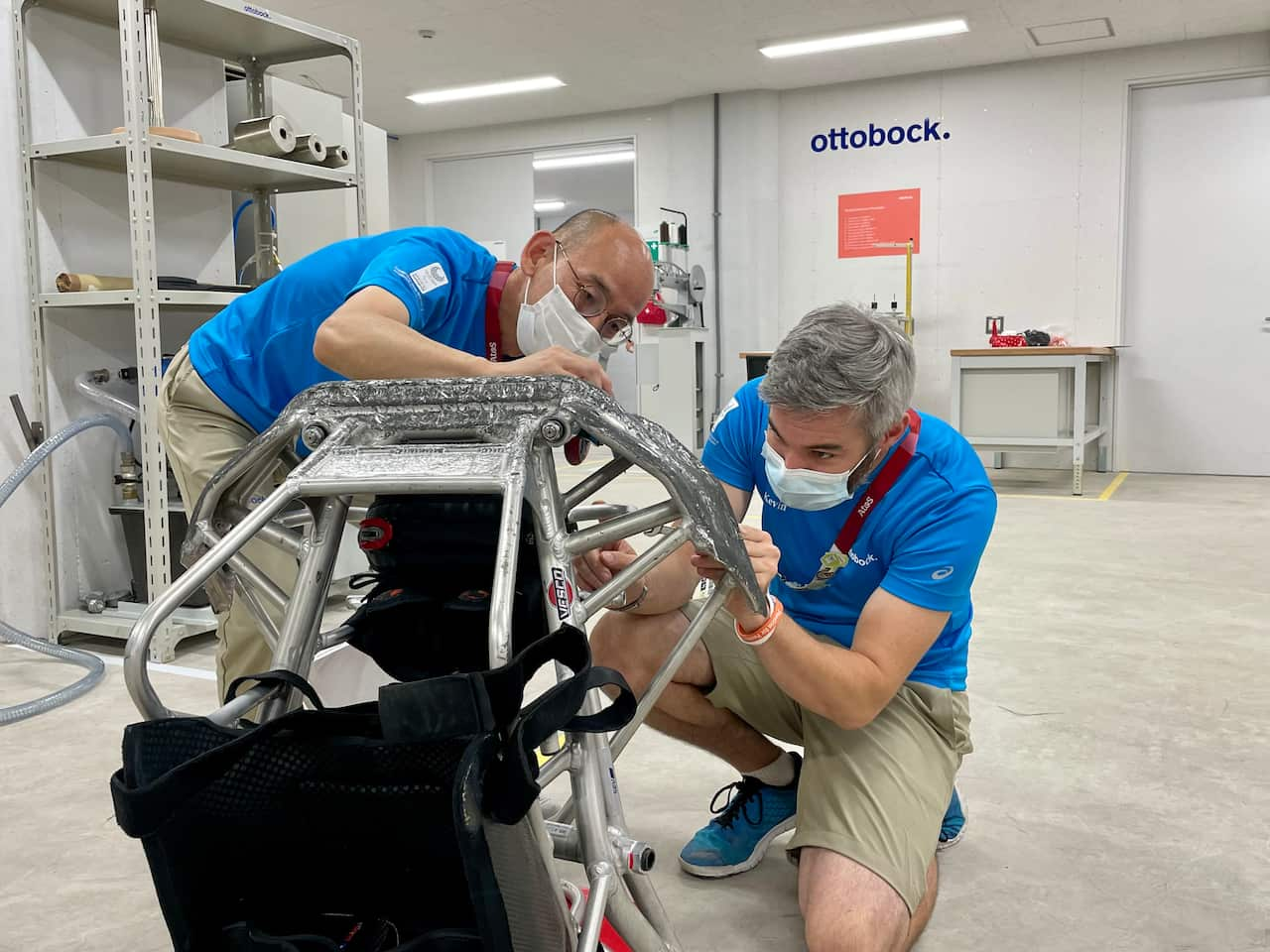
As a technician representing the host country this time, Mr Takahashi hopes to fulfil his mission to “share the wisdom with visiting technicians and solve problems together”.
According to Mr Takahashi, people with disability comprise 7 per cent of the Japanese population and 10 per cent globally.
“Although it is the selected 4,000 who will participate in the Paralympics, I hope that through them, people will have a chance to think about what it means to have disability.
“I wish for the games to be a catalyst for a society that pays more attention to those with disabilities, especially to those who may be close to us,” Mr Takahashi adds.
Nearly 180 athletes will represent Australia in 18 of the 22 events at the Tokyo Paralympics, including in events like taekwondo and badminton, which will make their Paralympic debut.
The Tokyo 2020 Paralympics begin on August 24 and will run till September 5.
READ MORE
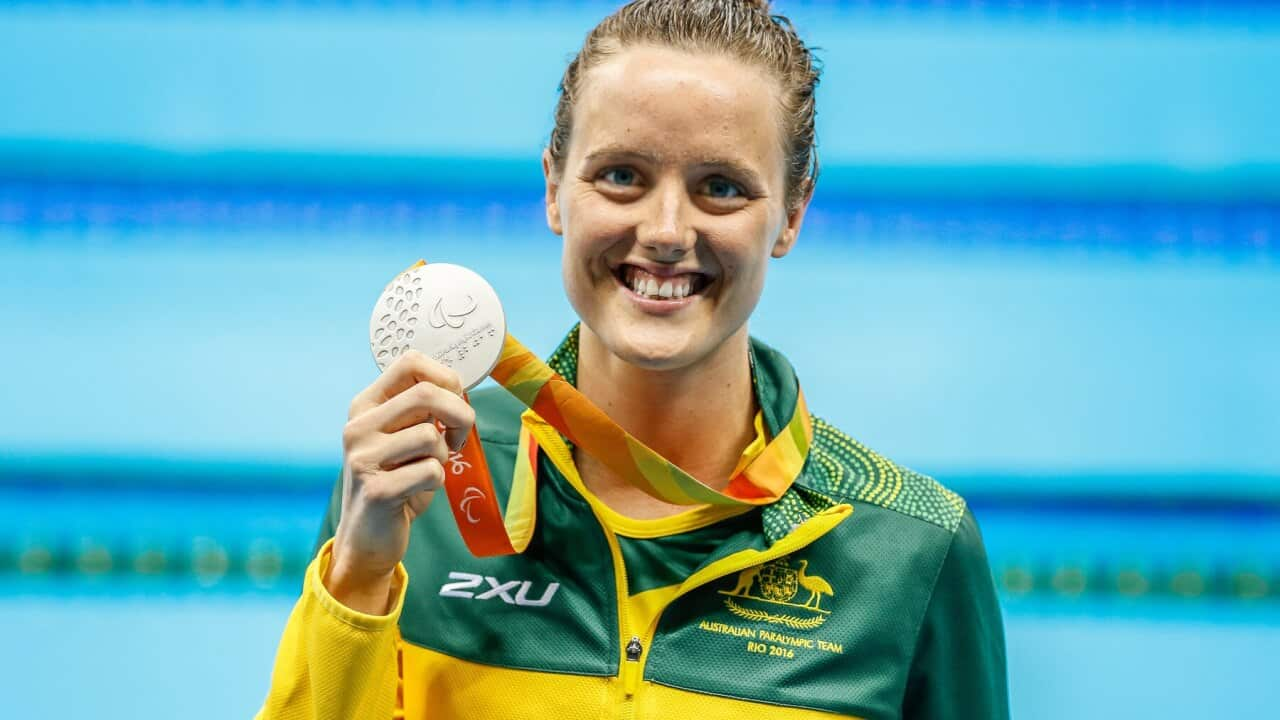
Ellie Cole prepares for Paralympics
Listen to SBS Japanese Radio on Tue, Thu and Sat from 10pm
You can listen to our past stories from our podcast
And don't forget to visit SBS Japanese Facebook page!


